-
Doctors
-
Specialities & Treatments
Centre of Excellence
Specialties
Treatments and Procedures
Hospitals & Directions HyderabadCARE Hospitals, Banjara Hills CARE Outpatient Centre, Banjara Hills CARE Hospitals, HITEC City CARE Hospitals, Nampally Gurunanak CARE Hospitals, Musheerabad CARE Hospitals Outpatient Centre, HITEC City CARE Hospitals, Malakpet
HyderabadCARE Hospitals, Banjara Hills CARE Outpatient Centre, Banjara Hills CARE Hospitals, HITEC City CARE Hospitals, Nampally Gurunanak CARE Hospitals, Musheerabad CARE Hospitals Outpatient Centre, HITEC City CARE Hospitals, Malakpet Raipur
Raipur
 Bhubaneswar
Bhubaneswar Visakhapatnam
Visakhapatnam
 Nagpur
Nagpur
 Indore
Indore
 Chh. Sambhajinagar
Chh. SambhajinagarClinics & Medical Centers
Book an AppointmentContact Us
Online Lab Reports
Book an Appointment
Consult Super-Specialist Doctors at CARE Hospitals
9 Early Signs of Alzheimer’s Disease
Updated on 24 July 2019

Alzheimer’s disease is one of the most common causes of dementia, wherein there is a continuous decline in behavioral, thinking, and social skills. This progressive disorder causes disruptions in the person’s ability to function independently. While mild forgetfulness is a common occurrence as one grows older, serious memory problems that affect daily life could be early signs of Alzheimer disease symptoms and may necessitate a visit to a neuro specialist. The number and strength of signs and symptoms of Alzheimer's disease vary.
Loss of Memory
This is one of the most common symptoms and also one of the early signs of Alzheimer. If you easily forget information that you just learned, lose track of important names, dates and events, forget even large events, ask for the same information repeatedly, and rely heavily on memory aids such as reminders and post-its, this might indicate that you are suffering from the disease.
Inability to plan and solve problems
If you face difficulties in making plans and carrying them out, in following recipes, even those that you have used many times, in concentrating on detailed tasks, especially those involving numbers, you may have to consult a health care provider at a neurology hospital.
Finding it difficult to accomplish daily tasks
If familiar and simple things become hard, this may be a cause of concern. If you have trouble driving to a place that you visit often, are unable to do menial tasks, or forget the rules of a game you are used to playing, these signs indicate that even everyday tasks have become a challenge.
Being confused with times and places
You may not be able to grasp something as it happens, at the moment. You may feel disoriented and lost easily; forget where you are or how you got to a certain place.
Vision changes
You might find it harder to read words on a page, and have trouble judging distance or telling colors apart. You need to be especially cautious with these signs as they may affect your driving.
Frustrating words and conversations
Vocabulary may seem hard, and you may not find the word you are looking for. You may not be able to call things by the right name.
Losing things
If you lose things, you may not be able to retrace your steps to find them. You may also leave your possessions in unusual places where they clearly do not belong. You may even accuse others of taking things.
Lapse in judgment
If you make poor decisions consistently, such as mistakes with money, and an unusual amount of showering, then it might be a cause of concern. If you do not take proper care of yourself, it may be a sign that you must not ignore.
Social withdrawal and mood changes
You might feel upset more easily and quite often. You might feel depressed, anxious, scared or suspicious of others.
In case of such concerns, consult your health care provider from the best hospital for Alzheimer's disease immediately for a quick diagnosis and better treatment.

ENQUIRY FORM
SELECT CATEGORIES
-
Neurosciences (16)
-
Neurology (37)
-
Neurosurgery (14)
-
Orthopaedics (48)
-
Oncology (33)
-
Obstetrics and gynecology (52)
-
Pulmonology (23)
-
Urology (20)
-
Nephrology (13)
-
Psychiatry (7)
-
Dietetics and Nutrition (111)
-
General Medicine (63)
-
Cardiac Sciences (32)
-
Vascular & Endovascular Surgery and Interventional Radiology (15)
-
Gastroenterology (46)
-
Endocrinology (23)
-
Plastic Surgery (10)
-
Critical Care Medicine (5)
-
COVID-19 (16)
-
Dermatology (16)
-
Emergency Care (1)
-
Ophthalmology (4)
-
Pediatrics (14)
-
Laparoscopic and Bariatric Surgery (8)
-
ENT (15)
-
Kidney Transplant (1)
-
Liver Transplantation and Hepatobiliary Surgery (5)
-
General Surgery (3)
-
Internal Medicine (5)
-
Medicine Information
Understanding Brain Tumour - Symptoms and Treatments
This is how anxiety affects your Body
YOU MAY ALSO LIKE
RECENT BLOGS
-

Preterm Birth (Premature Birth): Symptoms, Causes, Treatment and Prevention
13 May 2025
Read More
-

Rotablation Angioplasty: Benefits, Treatments, And Recovery Time
9 May 2025
Read More
-

What Is The Difference Between IUI and IVF?
9 May 2025
Read More
-

Venous Malformations: Causes, Symptoms, and Treatment
30 April 2025
Read More
-

Varicose Vein Foam Sclerotherapy: Treatment, Benefits, and Procedure
30 April 2025
Read More
-

Radiofrequency (RF) Ablation Treatment for Varicose Veins: Know More
30 April 2025
Read More
-

Varicose Vein Sclerotherapy: Treatment, Benefits, and Procedure
30 April 2025
Read More
-

Varicose Vein Endovenous Laser Ablation: Procedure, Benefits, Risks
30 April 2025
Read More
Have a Question?
If you cannot find answers to your queries, please fill out the enquiry form or call the number below. We will contact you shortly.


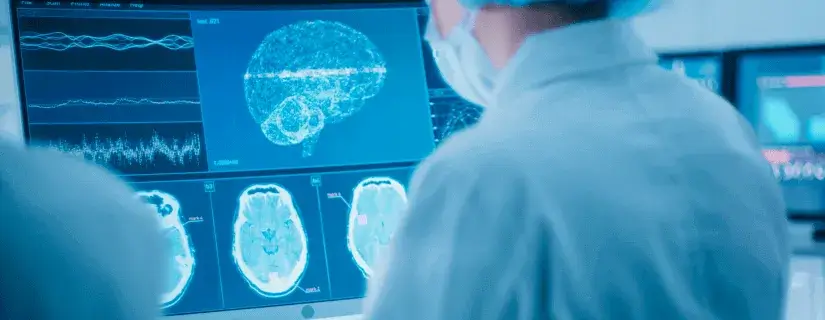
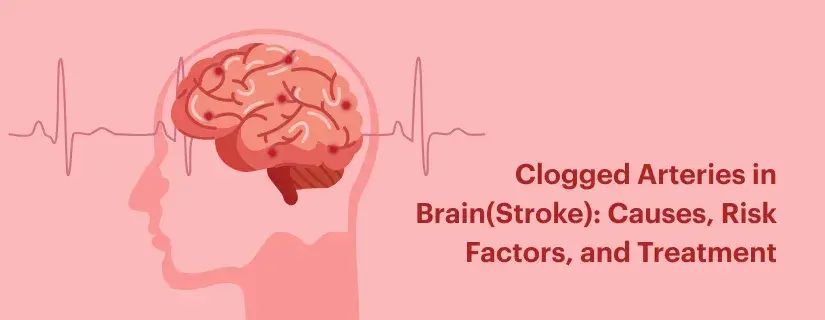


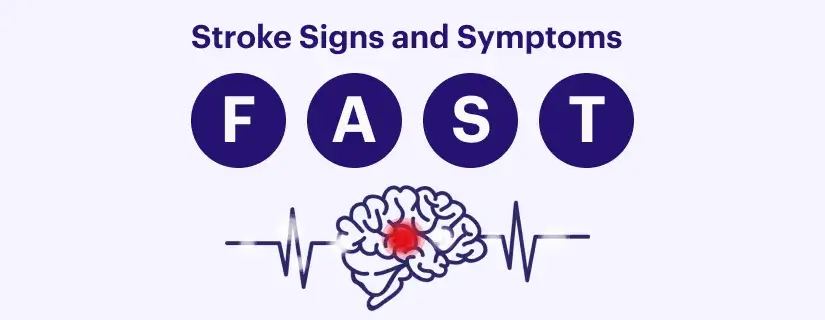
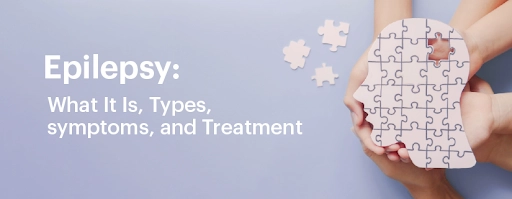
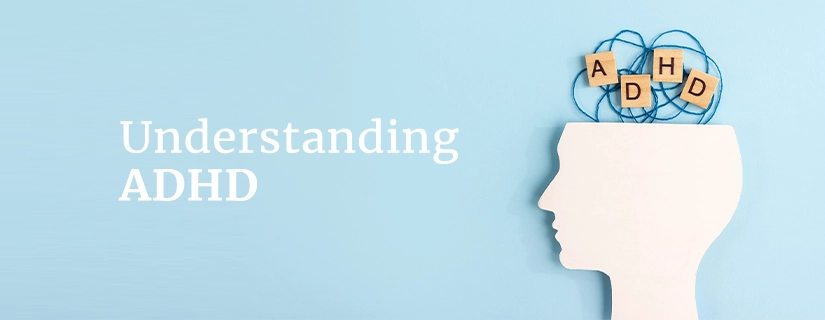
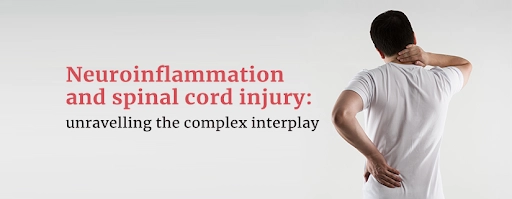
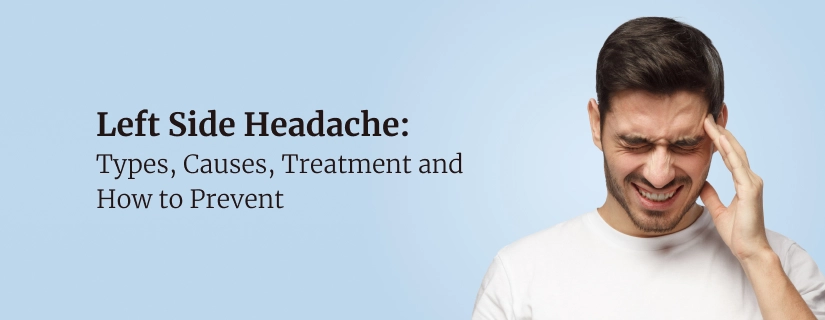
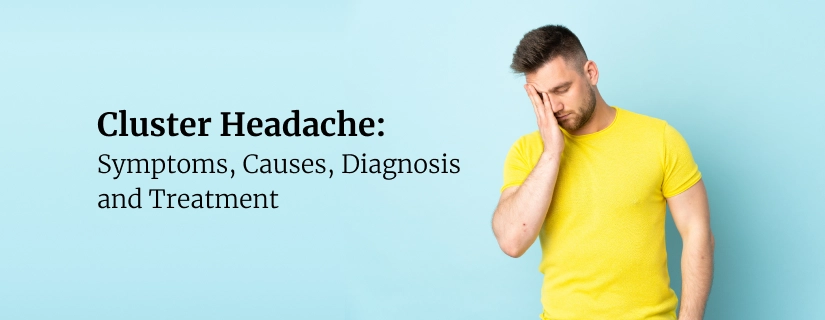


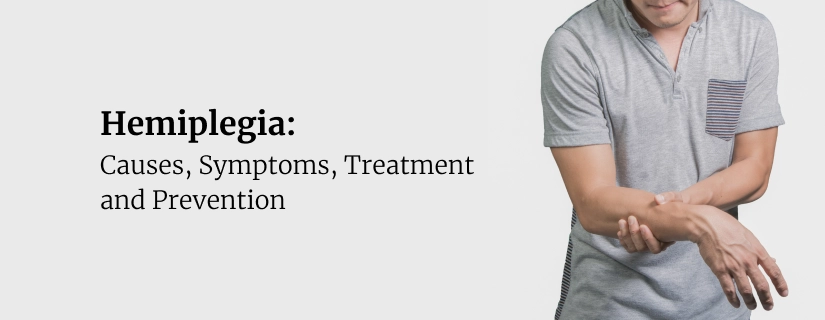
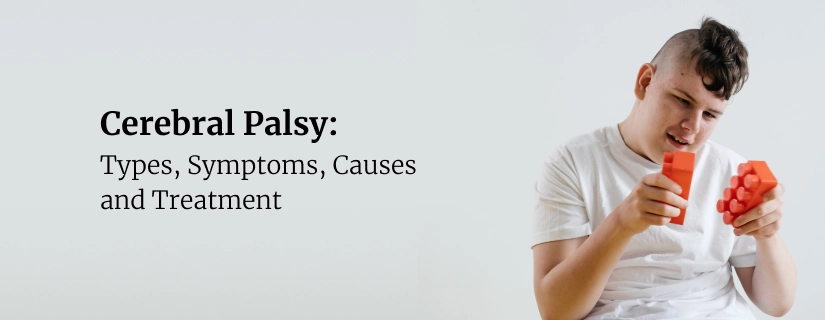

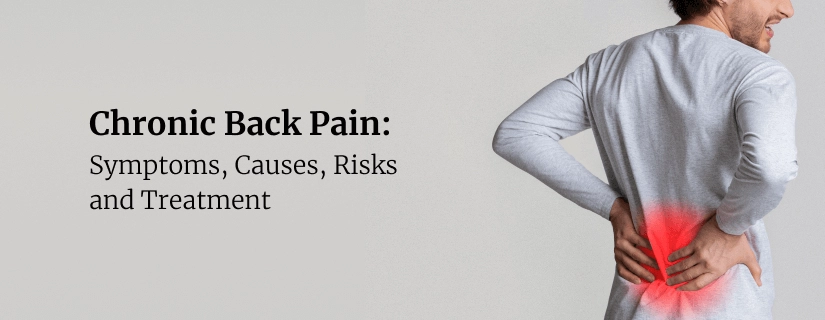

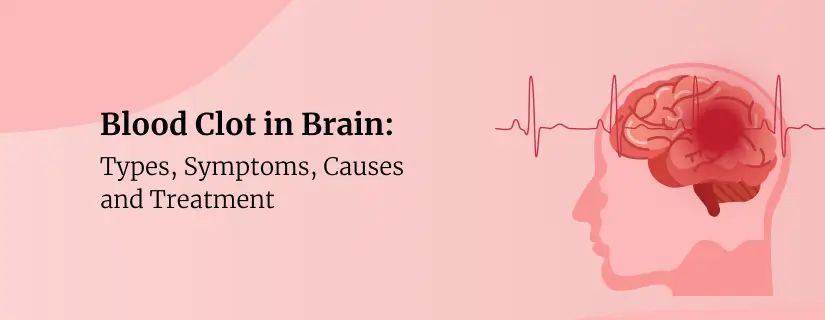

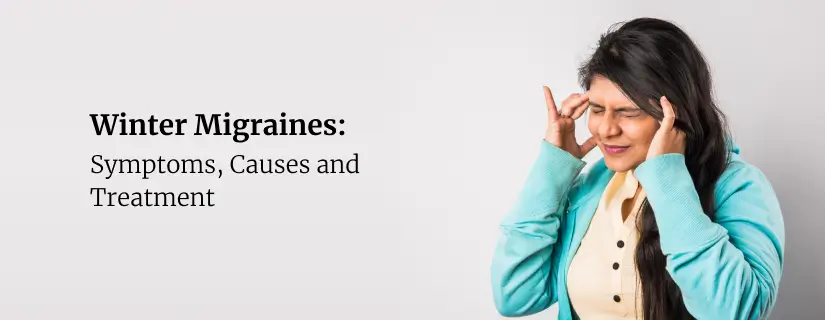

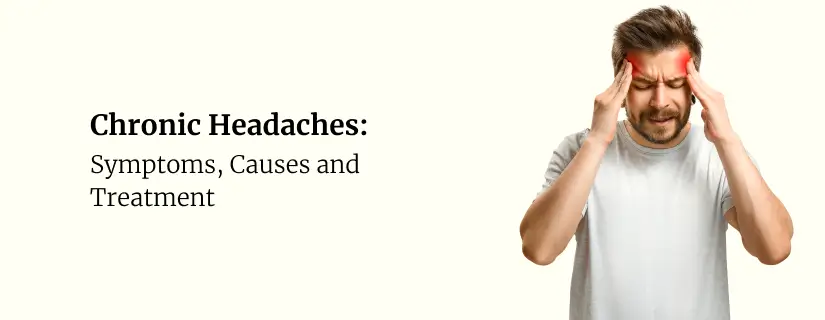
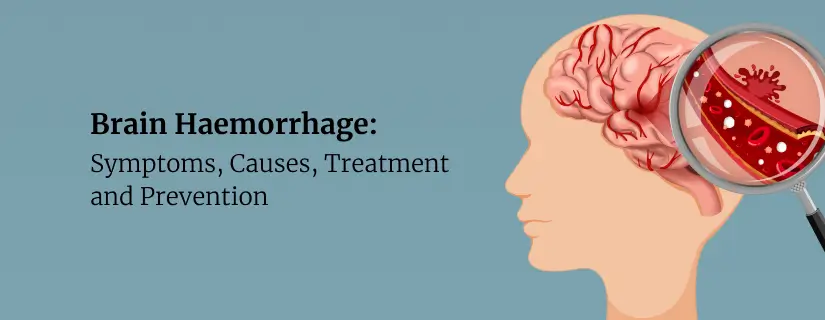
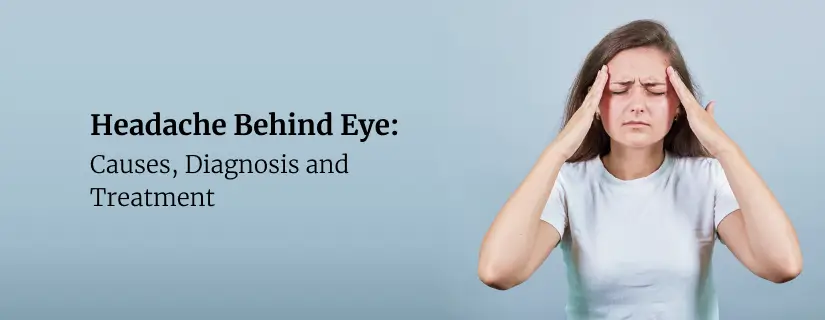

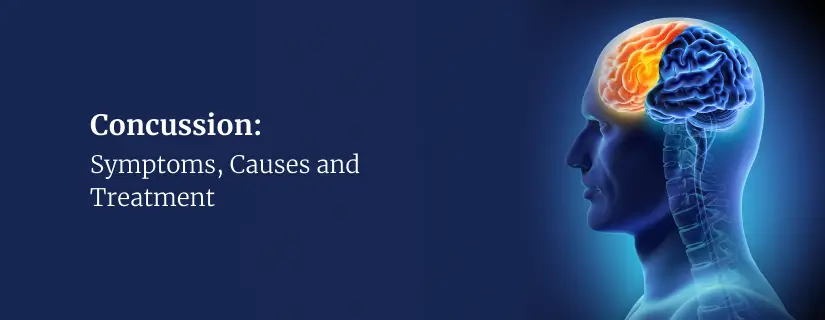
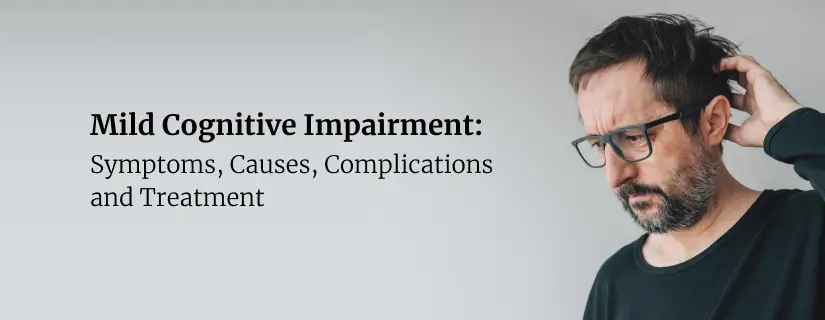
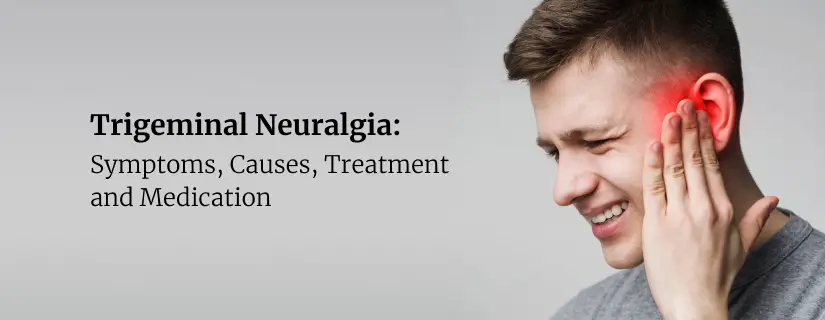
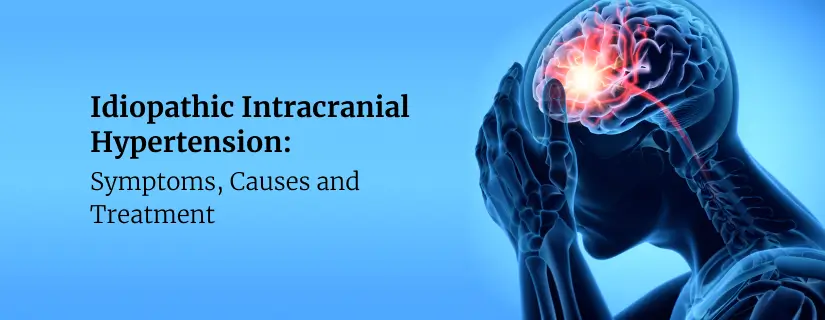
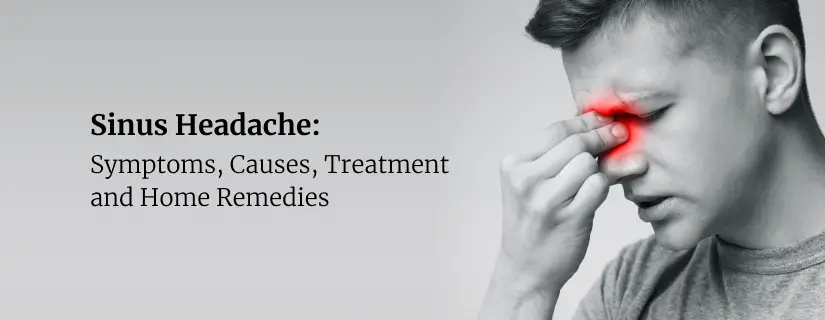

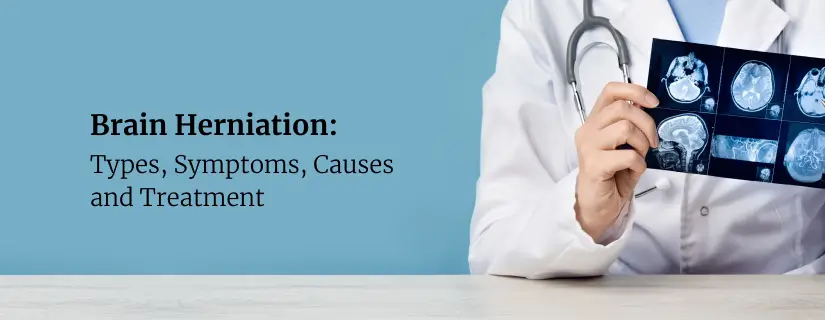
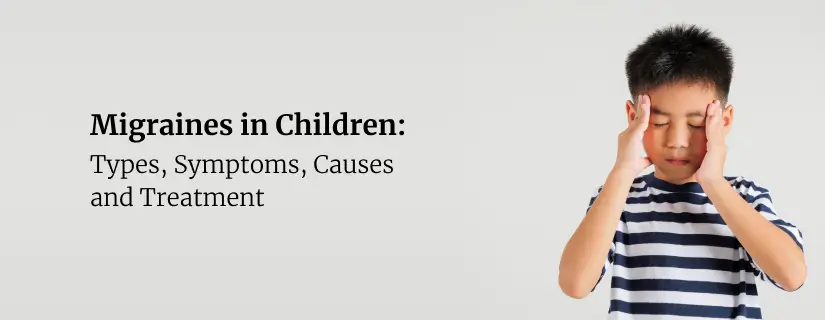
.webp)